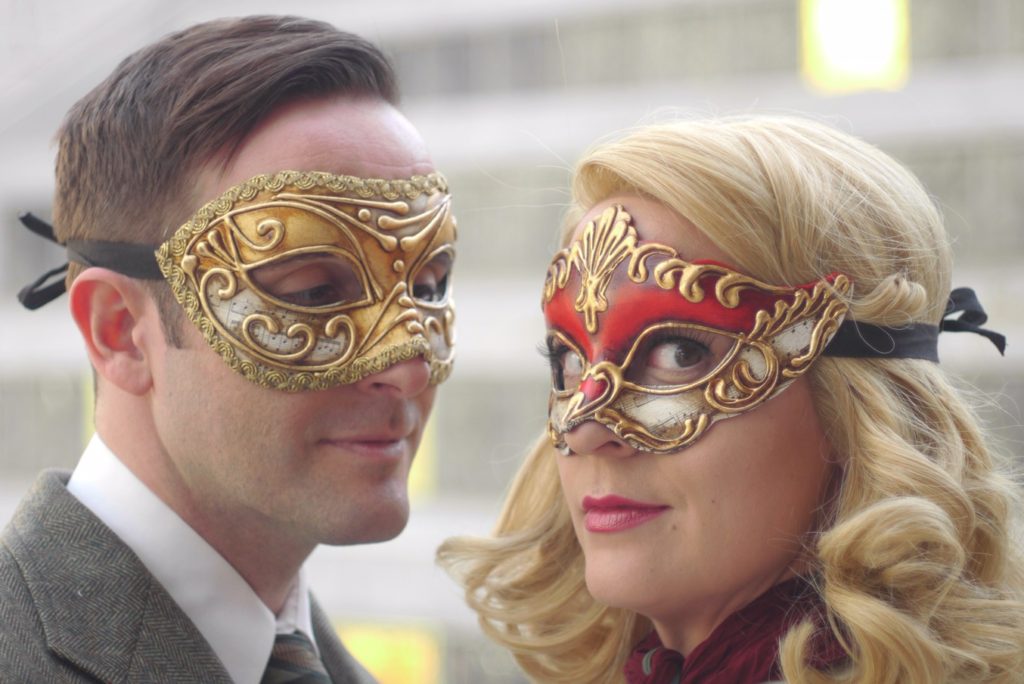Right in the middle of William Shakespeare’s career—after he’d toiled for years on wonderful but methodical comedies such as The Comedy of Errors and The Taming of the Shrew (written in verse, grounded in rigid Italian structure and almost devoid of song) and just before his later period of lyrical, poetic work (filled with music and pulsing with the wit of fools) such as As You Like It and Twelfth Night—he performed a strange experiment. He gave the world a cracking comedy that broke all the rules, was written almost entirely in prose, and was populated by decidedly older characters. The language in this play sounds shockingly contemporary, and the characters that speak it seem to come from our own neighborhoods. Much Ado About Nothing stands by itself as a unique work, not only for having one foot in each of these distinct periods of Shakespeare’s writing, but for being the most accessible, warmest, and funniest comedy he ever penned.
Much Ado About Nothing concerns a community of people starting their lives again after being torn apart by a foreign war. The war that
takes place prior to curtain is presented as necessary and righteous, and I chose for our setting, New Orleans in the summer of 1945, immediately following World War II. While tragic and horrific, the war lives in our national memory as a moral and justified conflict. New Orleans
had an outsized role in that war. It was an embarkation point, with a
massive naval base. The sailors and fishermen of southern Louisiana
were under constant attack by German submarines in the Gulf of
Mexico during the war: hundreds of vessels were attacked and sunk
and thousands of people were pulled from the waters by both military
craft and civilian patrol boats. The people of the city dove headlong into the industrial war effort. Mardi Gras was put on hold for the duration, as the amphibious landing vehicles that were used to turn the tide of war were being designed and built by New Orleanians. The city was chosen as the site for the National World War II Museum for these reasons, and it remains a city challenged by history and geography. Above all, it is a city of beauty, magic, music, and celebration: a lovely parallel to the Messina of Much Ado About Nothing.
Jesse James Kamps
Director, Much Ado About Nothing


0 comments on “Much Ado About Nothing Director’s Notes”